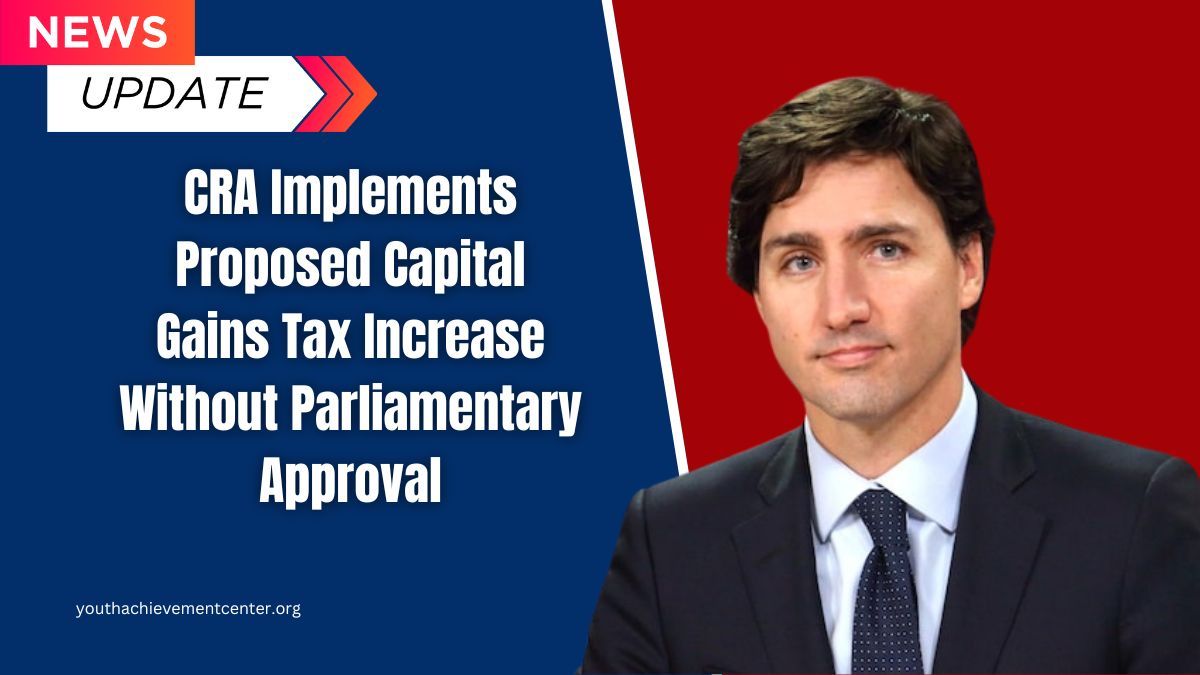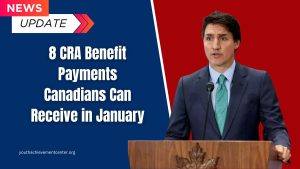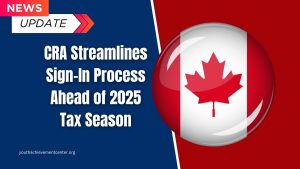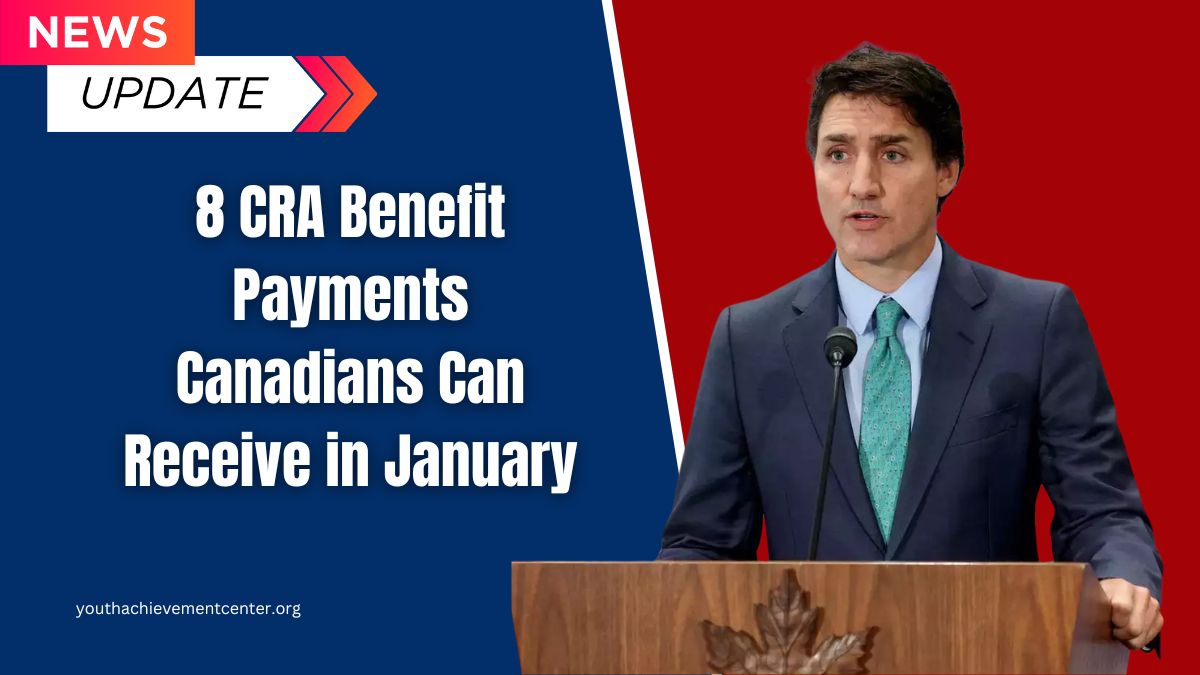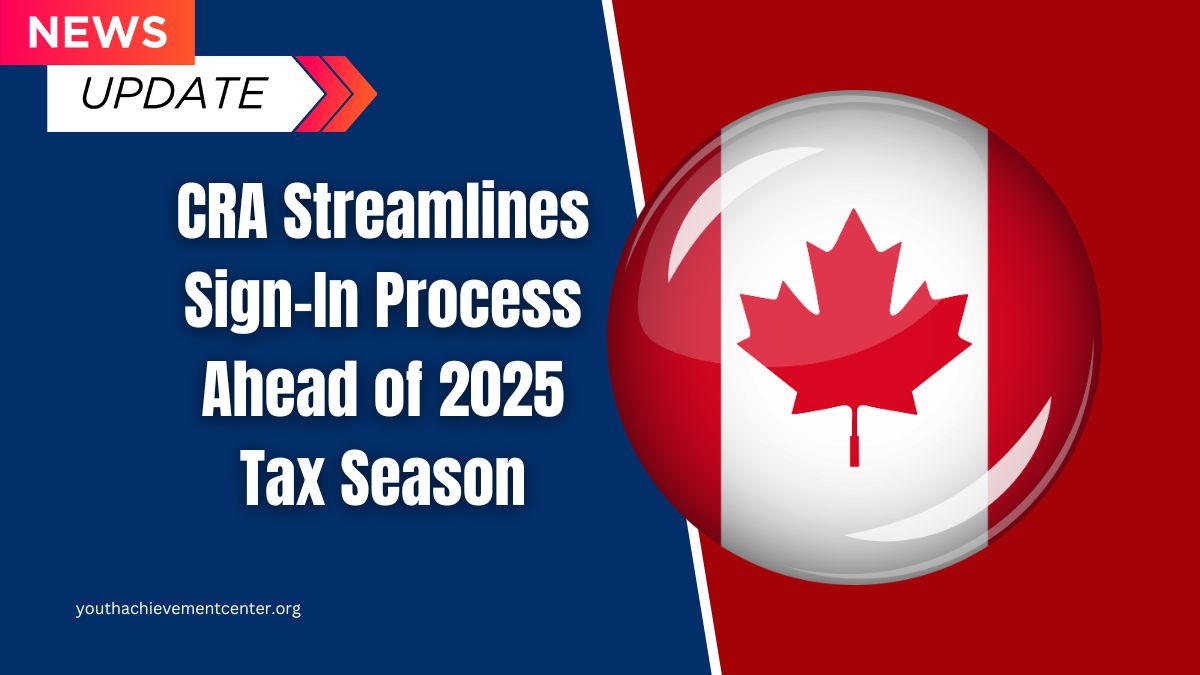The Canada Revenue Agency (CRA) is facing significant backlash for enforcing a $17.4 billion capital gains tax hike despite the measure not being officially passed by Parliament. This controversy has sparked heated debates about the agency’s authority to impose new tax regulations in the absence of legislative approval.
CRA Implements Unapproved Tax Hike
According to a report by Blacklock’s Reporter, the issue stems from a CRA manager’s statement that auditors would “continue to administer the proposed legislation” as though it were already enacted. The tax hike proposal, introduced in the April 16 federal budget, sought to increase the taxable portion of capital gains from 50% to 66%.
However, while the House of Commons passed the required Ways and Means Motion on June 11, no legislation was subsequently introduced or approved to make the tax increase legally binding. Despite this, CRA auditors are reportedly enforcing the new rate.
Proposed Tax Changes and Delays in Parliamentary Approval
The planned increase was supposed to take effect on June 25, 2024, but Parliament dissolved before any related bill could be tabled. This dissolution left the tax change in legislative limbo.
Nina Ioussoupova, a senior project officer at the CRA, stated that the agency would administer the 66% inclusion rate even if an election intervened. This stance has fueled concerns among taxpayers and business organizations about the agency’s role in implementing changes that lack formal approval.
Reaction from Business Leaders and Advocates
Dan Kelly, the CEO of the Canadian Federation of Independent Business (CFIB), expressed his frustration, saying, “This makes no sense at all. Legislation has not even been introduced, yet the CRA put the new rules into effect as of June 25.”
Kelly also highlighted that the CRA’s position appears to disregard the potential impact of an election, stating, “The agency is saying even an election will not cause it to go back to the 50% inclusion rate.” He emphasized the need for clarity and accountability, urging the government to set a strict time limit for introducing legislation to raise taxes.
Kelly further called on the government to withdraw the proposal and allow political parties to debate the matter during the upcoming election campaign. His remarks underline the broader implications for democratic processes and the balance of power between Parliament and administrative agencies.
Parliamentary Supremacy and Concerns Over CRA Authority
The controversy has reignited discussions about the CRA’s authority to enforce tax measures without explicit parliamentary approval. Former Liberal MP Wayne Easter highlighted the principle of parliamentary supremacy in a 2021 debate on tax enforcement, stating, “Parliament is above cabinet, it is above the Department of Finance. We can’t allow that to be undermined.”
This situation has led many to question whether the CRA’s actions are overstepping its mandate and eroding trust in democratic governance.
Economic Context: The Federal Deficit and Tax Policy
The proposed tax increase is part of a broader plan to address Canada’s growing deficit. According to the Fall Economic Statement released on December 16, the federal deficit has exceeded its target by 21%, increasing from $39.8 billion to $48.3 billion.
The government argues that higher tax revenues are necessary to help close the gap. However, critics contend that such measures should undergo proper legislative scrutiny to ensure transparency and fairness.
Key Details of the Controversy
| Aspect | Details |
|---|---|
| Proposed Change | Increase taxable portion of capital gains from 50% to 66% |
| Initial Implementation Date | June 25, 2024 |
| Legislative Status | House of Commons passed Ways and Means Motion, but no legislation was introduced or approved |
| CRA’s Stance | Enforcing the 66% rate despite lack of legislation |
| Impact on Deficit | Federal deficit increased by 21% from $39.8 billion to $48.3 billion, prompting the proposal |
| Critics’ Concerns | CRA’s authority to act without parliamentary approval and the potential erosion of democratic processes |
| Call to Action | Business leaders demand clarity, withdrawal of the proposal, and open debate during the election campaign |
FAQs
What is the proposed capital gains tax increase?
The proposal aims to increase the taxable portion of capital gains from 50% to 66%, as outlined in the April 16 federal budget.
Did the tax increase become law?
No, the tax increase has not been enacted into law. Although the House of Commons passed a Ways and Means Motion, no formal legislation was introduced or approved.
Why is the CRA enforcing the tax hike?
The CRA claims it will administer the proposed changes as though they were already law, despite the absence of parliamentary approval.

